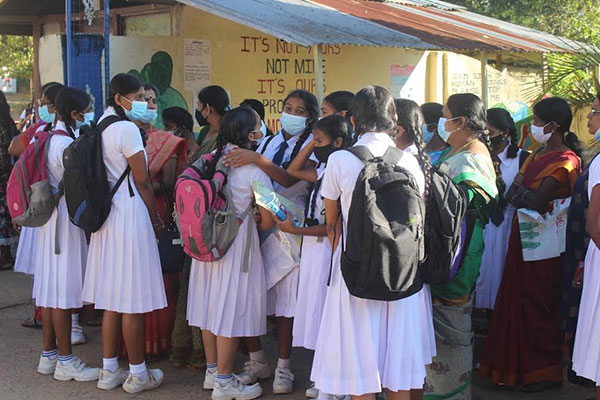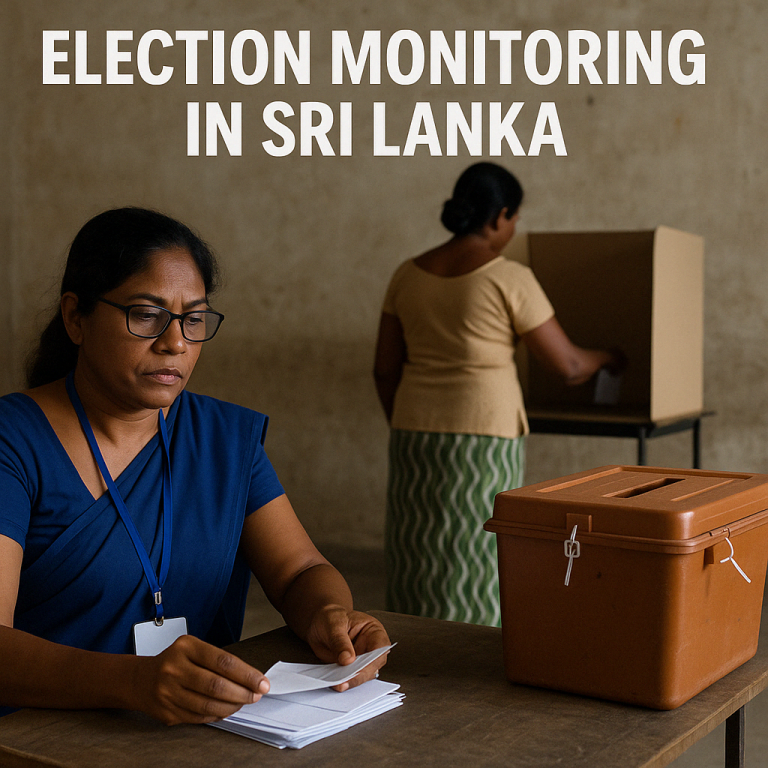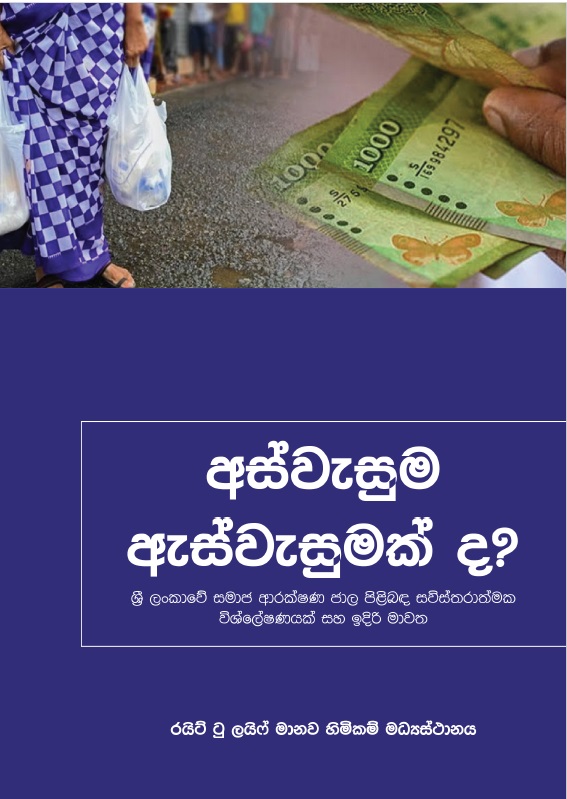The Central Province of Sri Lanka is making waves by initiating action against 51 government school teachers caught conducting private tuition classes for their school students. This bold move targets the heart of the island nation’s “tuition menace,” a system that exploits students and burdens families with unfair extra costs.
These teachers, hailing from across Kandy, Hanguranketha, Hatton, and Walapane zones, were exposed by investigators from the Provincial Education Ministry for charging fees and running private tuition sessions for their own pupils. This practice, beyond being a clear conflict of interest, exacerbates existing inequalities and puts financial pressure on families already struggling to afford quality education.
“By giving preferential treatment to paying students and potentially manipulating grades, these teachers were directly harming the well-being and academic futures of students who couldn’t afford private tuition,” said an educator remaining anonymous. He welcomed disciplinary investigations against the transferred teachers and said it would send them a stern message of zero tolerance towards the exploitation of students for personal gain.
The rampant “tuition culture” in Sri Lanka, where students are pressured to attend extra classes outside school hours for a competitive edge, has long been a point of contention. These classes, often run by independent tutors or even regular school teachers, can significantly strain family budgets and add undue stress to students.
While offering private tuition outside school hours is not outright illegal, the Central Province’s decision focuses on the ethically dubious practice of teachers profiting from tutoring their own students. This raises concerns about potential favouritism, unfair advantage for paying students, and the exploitation of power dynamics within the classroom.
While this decisive action is a victory for fair education, it’s just the beginning of a wider battle. To truly dismantle the tuition racket and ensure equal opportunities for all students, Sri Lanka needs comprehensive reforms. This includes addressing the root causes of the tuition culture, such as inadequate resources, popular school competition, highly competitive university admission examination and overworked teachers within schools. Additionally, establishing stricter ethical codes for teachers and implementing stronger monitoring systems are crucial for ensuring a level playing field in the education landscape.
The Central Province’s firm stance serves as a hopeful precedent for the rest of Sri Lanka. By prioritizing ethical conduct and equitable access to quality education, the nation can create a learning environment where students can thrive without the undue pressure and financial burden of private tuition.







